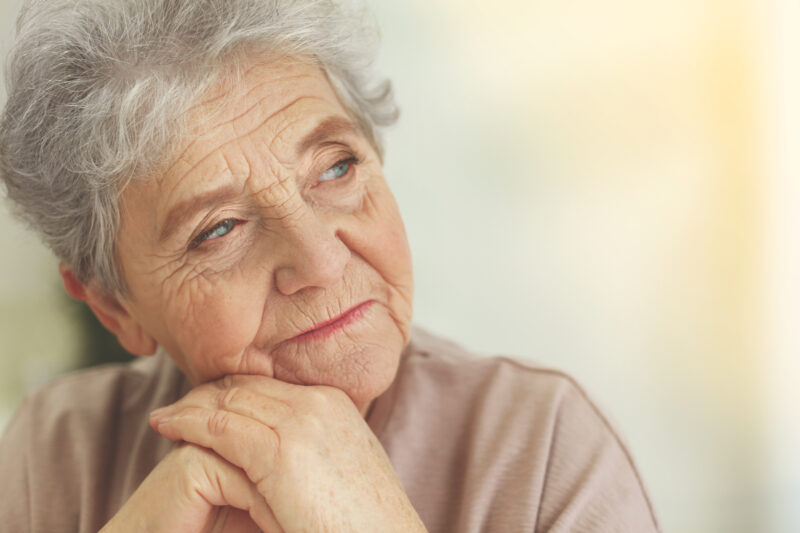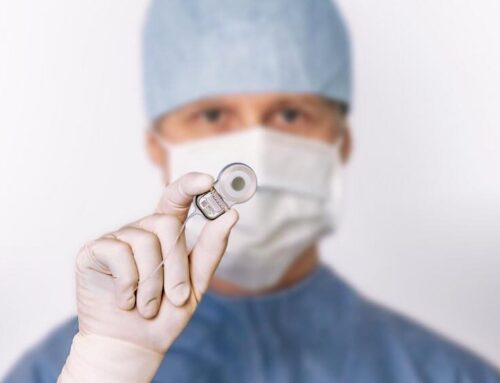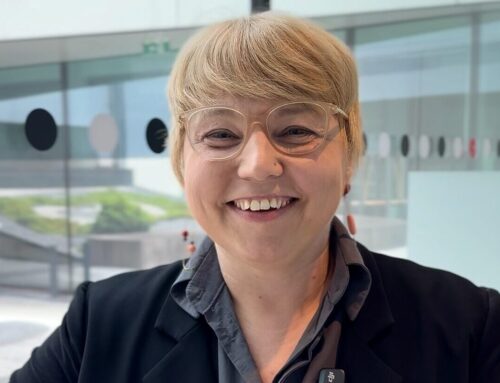Hearing problems in old age - the number 1 widespread disease.
Hearing problems in old age are also known as presbycusis. This is typically a bilateral, symmetrical, increasing inner ear hearing loss in the higher frequency range.

After the age of 50, the hearing ability deteriorates automatically. However, if hearing loss is beyond a certain range, if it is particularly fast and requires special care, it may be for the following reasons:
- Genetic predisposition
- Diabetes
- Circulatory disorders
- Longer noise exposure
- Infections
- Metabolic problems
- High blood pressure
- Nerve damage
- Accident
- Ototoxic medication
- Nutrition
- Alcohol
- Smoking
Untreated hearing loss significantly impacts the quality of life of those affected. The lack of communication can lead to loneliness and depression. Likewise, the age-related hearing loss is directly related to the development of dementia, as well as an increased risk of disease in general, due to deteriorated doctor-patient communication.
Early detection and treatment of hearing loss is therefore extremely important for those affected. In addition to medical rehabilitation options, the provision of hearing aids or hearing implants is the top priority.
Diagnostic process for hearing problems in old age
A visit to an ENT specialist is required for the right diagnosis and accurate assessment of the severity of hearing loss. After an examination of the external auditory canal and the eardrum and after excluding other or pre-existing diseases, a hearing test is performed in a soundproof booth. The result is documented in a so-called audiogram. Once the elderly patient reaches the critical level of hearing loss, the physician will likely diagnose him/her with presbycusis.
Therapy for presbycusis
You can find out all about the options available in the event of a presbycusis diagnosis here!

You are currently reading:












